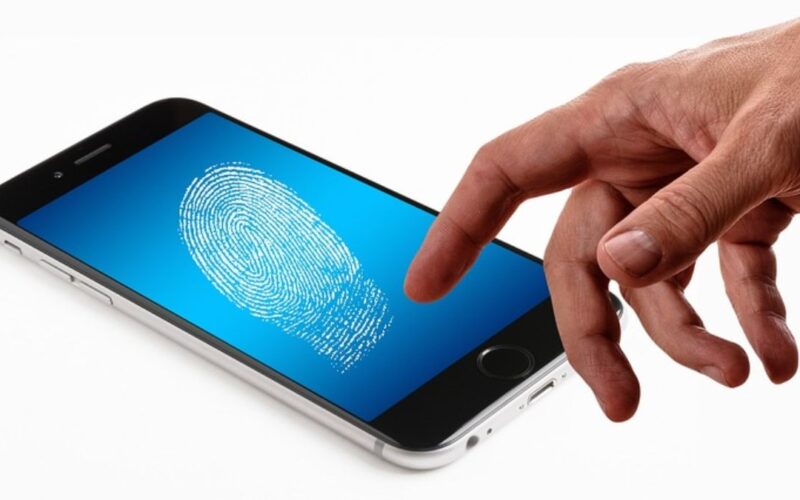In an era where mobile devices have become an indispensable part of our daily lives, ensuring their security is paramount. With the constant evolution of technology, the landscape of mobile security is continuously changing. From sophisticated cyber threats to the increasing reliance on mobile devices for sensitive tasks, the need for robust mobile security measures has never been greater. Here are the top seven trends shaping the future of mobile security:
Biometric Authentication
Biometric authentication methods such as fingerprint scanning, facial recognition, and iris scanning are becoming increasingly popular for unlocking mobile devices and securing sensitive data. Unlike traditional passwords, biometric data is unique to each individual, making it significantly more difficult for malicious actors to bypass security measures. With the widespread adoption of biometric sensors in modern smartphones, expect to see continued advancements in this area to enhance security and user convenience.
Zero-Trust Architecture
The traditional security model of trusting everything inside the corporate network perimeter is no longer sufficient in today’s mobile-centric world. Zero-trust architecture operates on the principle of “never trust, always verify,” requiring continuous authentication and authorization for every device and user attempting to access resources, regardless of their location. By implementing zero-trust principles, organizations can better protect against insider threats, unauthorized access, and data breaches.
AI-Powered Defense
Artificial intelligence (AI) and machine learning (ML) algorithms are revolutionizing mobile security by enabling proactive threat detection and response. AI-powered defense systems can analyze vast amounts of data in real-time to identify patterns, anomalies, and potential security risks. Whether it’s detecting malware, phishing attempts, or suspicious user behavior, AI-driven security solutions offer organizations a powerful defense against evolving cyber threats.
Mobile VPNs
As employees increasingly work remotely and access corporate networks from various locations and devices, the use of mobile virtual private networks (VPNs) has become essential for securing data transmission over untrusted networks. Mobile VPNs encrypt internet traffic, ensuring confidentiality and integrity while providing employees with secure access to corporate resources. With the growing emphasis on remote work, expect the demand for mobile VPN solutions to continue rising.
Blockchain Technology
Blockchain technology is not just limited to cryptocurrencies; it also holds great promise for enhancing mobile security. By leveraging blockchain’s decentralized and immutable nature, mobile applications can enhance data integrity, identity management, and secure transactions. Whether it’s securing mobile payments, verifying digital identities, or protecting sensitive data, blockchain technology offers innovative solutions to mitigate various security risks.
Secure App Development
With millions of mobile apps available across app stores, ensuring the security of these applications has become a significant concern. Secure app development practices such as code analysis, vulnerability scanning, and adherence to industry standards help identify and mitigate security flaws early in the development lifecycle. By prioritizing security from the initial stages of app development, developers can build more resilient and trustworthy mobile applications.
Data Encryption
Data encryption remains a cornerstone of mobile security, protecting sensitive information from unauthorized access and interception. Whether it’s stored data on the device or data transmitted over networks, encryption ensures that only authorized parties can access and decipher the information. As mobile devices continue to store vast amounts of personal and corporate data, encryption technologies play a crucial role in safeguarding confidentiality and privacy.
Staying ahead of evolving threats and safeguarding mobile devices requires a proactive approach to security. By embracing emerging trends such as biometric authentication, zero-trust architecture, AI-powered defense, mobile VPNs, blockchain technology, secure app development, and data encryption, organizations can effectively mitigate risks and ensure the confidentiality, integrity, and availability of mobile data and applications. As technology continues to evolve, so too must our strategies for mobile security.









